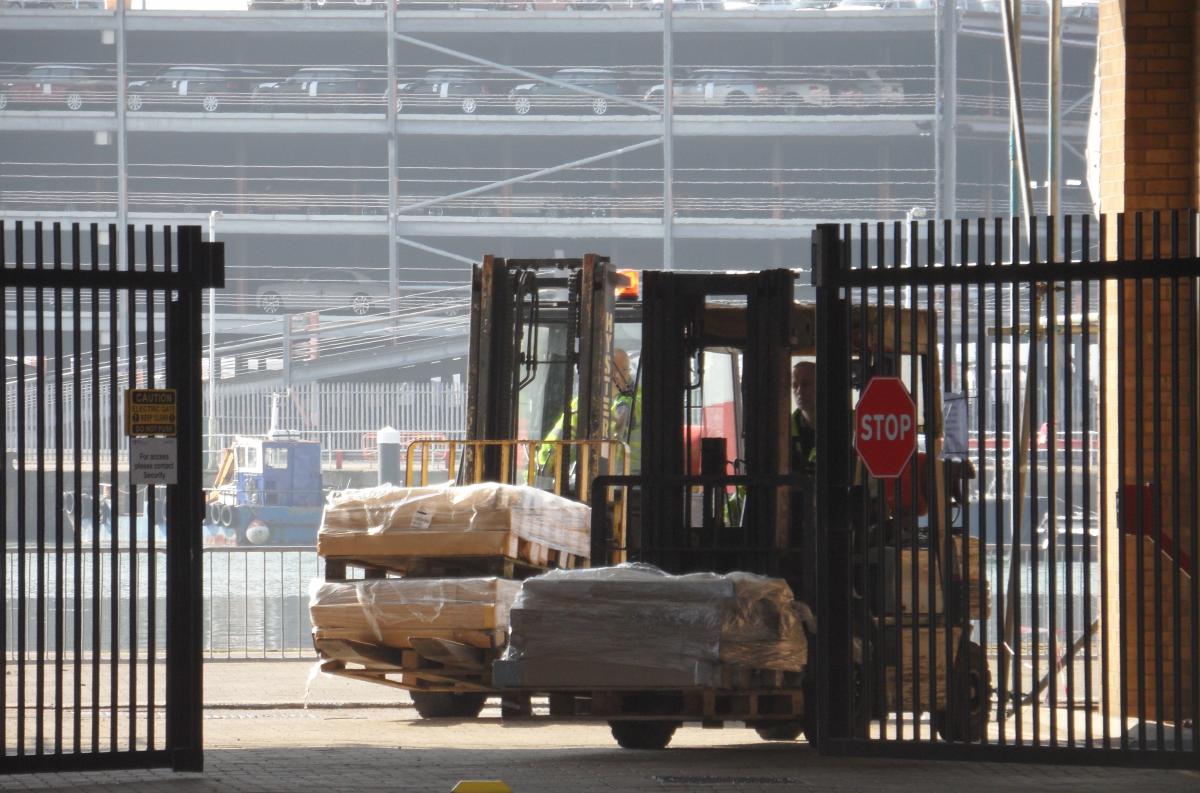
Every year new samples are added to BOSCORF’s collection. We can offer you critical guidance on curatorial best practices throughout your core collecting expedition or field trip to ensure your sample will be accepted for storage.
We provide guidelines and advice from the moment the expedition is funded, through the whole expedition/fieldwork phase, to the post-expedition/post-fieldwork storage and curation of the retrieved materials. If you are expecting to collect samples that will be stored at BOSCORF, we highly encourage you to reach out to us in the early stages of planning.
Get your core samples accepted for storage in BOSCORF
Due to limited repository capacity, if samples and cores not taken, curated, or recorded in the correct manner (i.e., approved by NERC and/or the BOSCORF Advisory Group), they may be rejected for storage in BOSCORF.
For cores to be accepted in BOSCORF many conditions need to be met:
- Cores need to be stored in hard plastic D-tubes.
- Core-sections are cut to 1 metre or 1.5 metre lengths
- Whole-round sections are split into archive and working halves
- Cores are labelled in a standardised manner (Cruise ID, Sample ID/Core, Section ID, Half)
- Metadata are collected and handed over to BOSCORF, prior to delivery of sample material. This includes contact details of the principal investigator, location data and sample description details collected during expedition. The three-year moratorium period is respected.
The above list is just a selection of the main criteria to get your samples accepted for storage and curation by BOSCORF. Please read the complete Guide to Marine Sediment Cores Acquisition and Accessioning into the BOSCORF Collection for a more comprehensive description of the rules and regulations.
These conditions are strictly enforced to ensure the core material has a long future and useful life.
Talk to us before going on an expedition or field trip
If you are organising an expedition or fieldwork, and intend to bring back sediments and/or core samples that you would like to have stored in BOSCORF, then please talk to us in the early design stages. We have a lot of experience with planning the collection of core material and managing the collections afterwards.
We regularly train people in core sampling, and storing core samples in such a fashion that the longevity of the material is guaranteed. We engage with scientist for any type of expedition and fieldwork. Involvement of BOSCORF in the early planning stages of an expedition or field trip ensures that core collection and acceptance in our repository runs as smoothly as possible.
Please contact Dr Suzanne MacLachlan (boscorf@noc.ac.uk) if you would like to arrange a meeting to discuss your plans for an expedition or field trip.